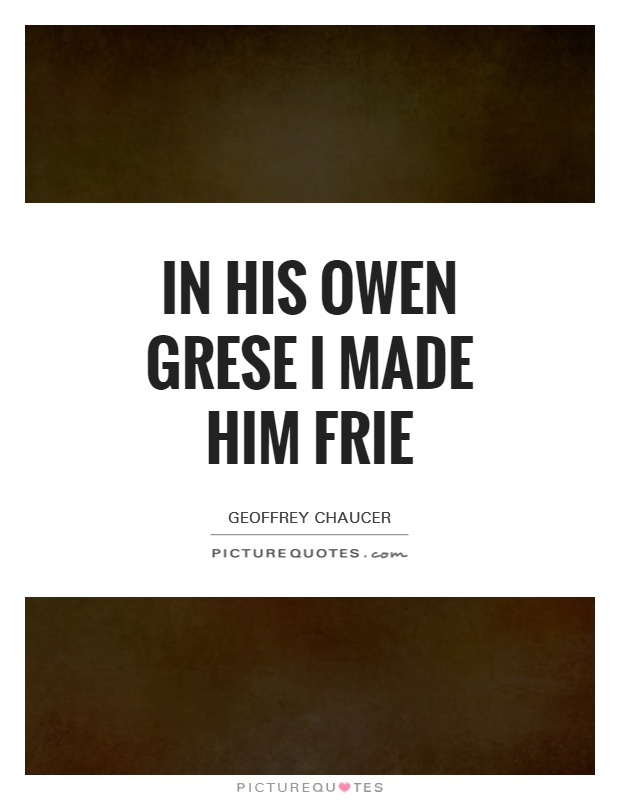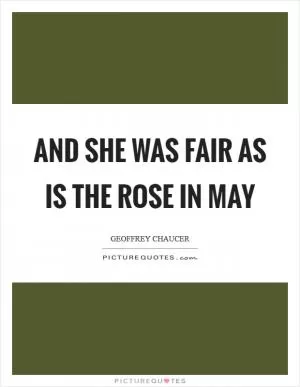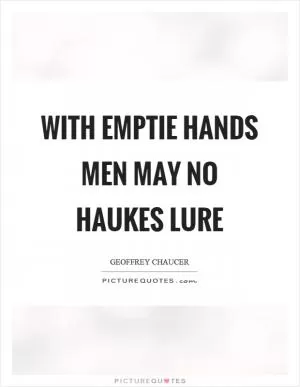In his owen grese I made him frie

In his owen grese I made him frie
Geoffrey Chaucer, often referred to as the father of English literature, is best known for his work "The Canterbury Tales." This collection of stories, written in Middle English, provides a vivid and detailed portrait of medieval life in England. One of the most famous lines from Chaucer's work comes from "The Cook's Tale," where he writes, "In his owen grese I made him frie."This line is spoken by the character of the Cook, who is telling a story about a dishonest apprentice named Perkyn Revelour. In the tale, Perkyn steals from his master and is eventually caught. The Cook describes how he punished Perkyn by making him fry in his own grease, a punishment that was both cruel and fitting for the crime.
The phrase "In his owen grese I made him frie" has become a popular proverb in English literature, often used to describe a situation where someone suffers the consequences of their own actions. It is a powerful reminder of the importance of personal responsibility and the idea that we must all face the consequences of our choices.
Chaucer's use of this line in "The Cook's Tale" is a reflection of his keen understanding of human nature and his ability to capture the complexities of human behavior. Throughout "The Canterbury Tales," Chaucer explores themes of morality, justice, and the consequences of one's actions. The line "In his owen grese I made him frie" serves as a powerful example of Chaucer's skill as a storyteller and his ability to create vivid and memorable characters.
Overall, the phrase "In his owen grese I made him frie" is a powerful and evocative line from Chaucer's work that continues to resonate with readers today. It serves as a reminder of the timeless themes and universal truths that Chaucer explores in his writing, making him a literary giant whose work continues to be studied and appreciated centuries after it was written.












 Friendship Quotes
Friendship Quotes Love Quotes
Love Quotes Life Quotes
Life Quotes Funny Quotes
Funny Quotes Motivational Quotes
Motivational Quotes Inspirational Quotes
Inspirational Quotes